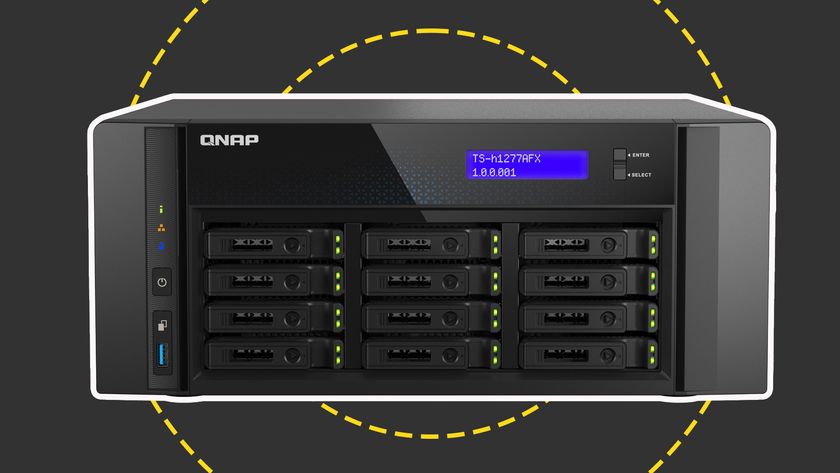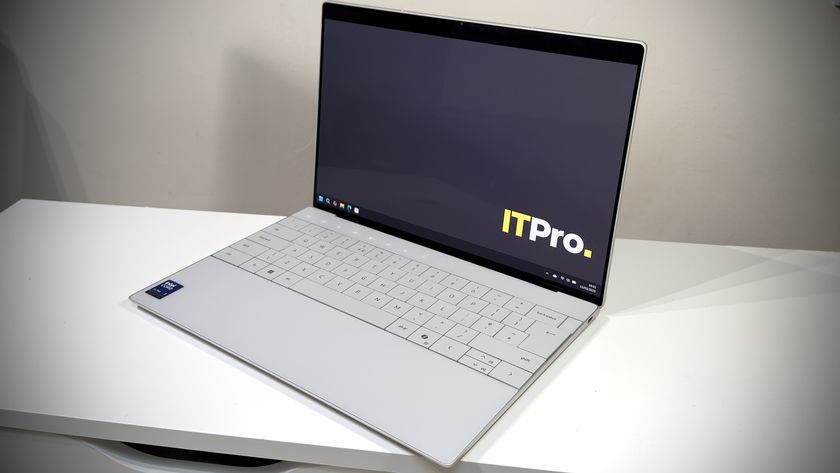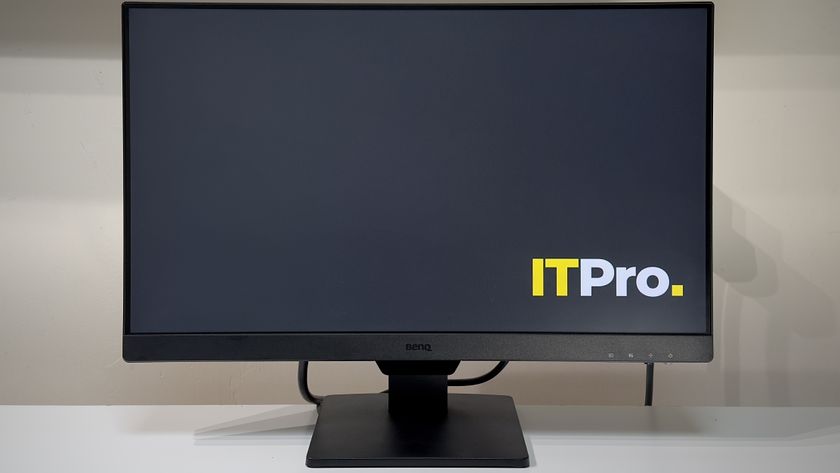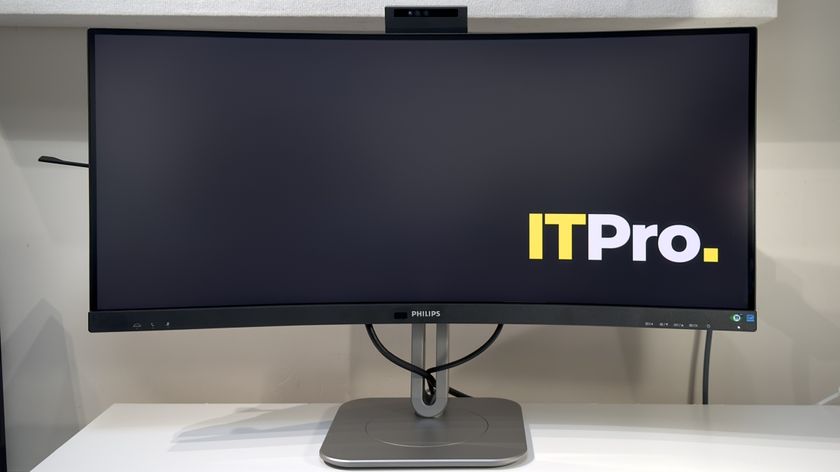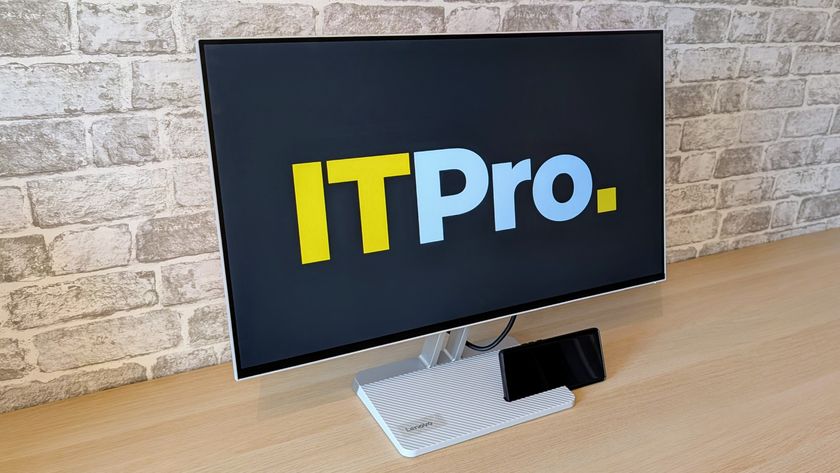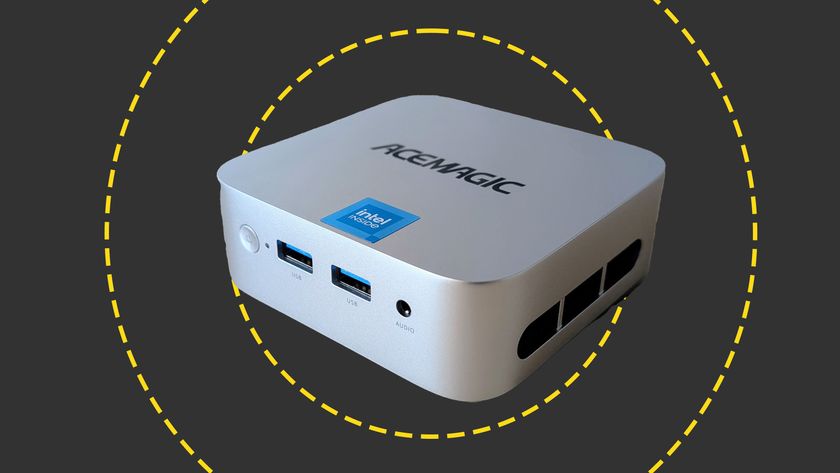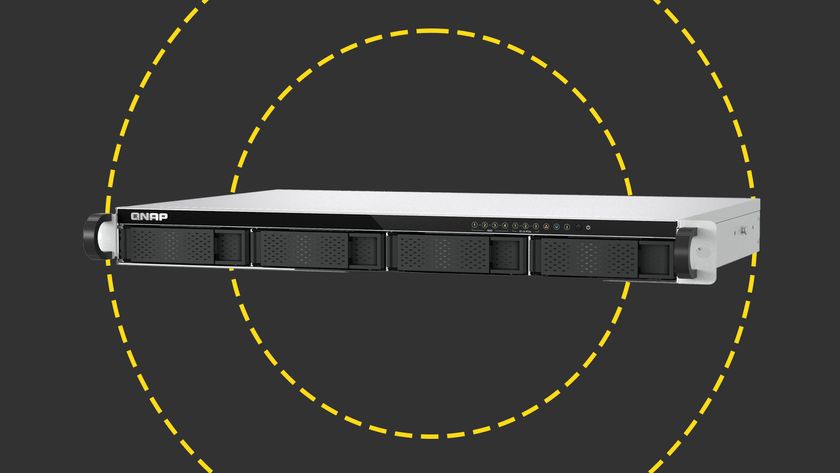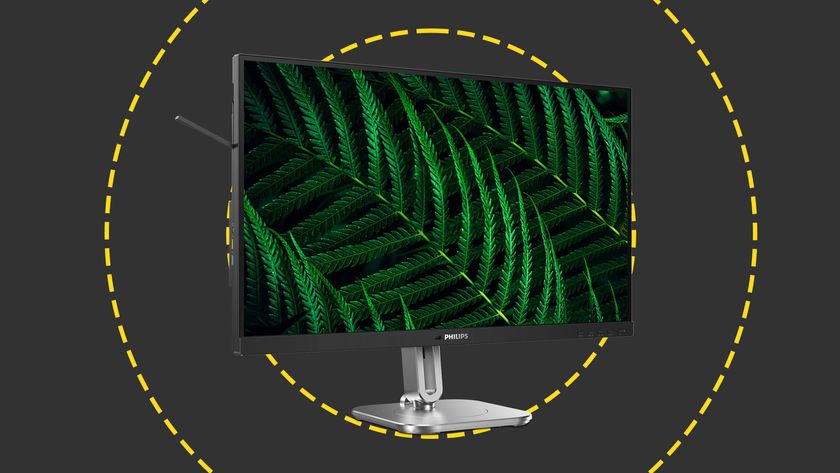The TS-859 can present up to eight iSCSI targets which we found simple enough to create. You provide a unique name which is appended to the target IQN, choose a size and add CHAP authentication if you wish.
Qnap's thin provisioning allows you to specify a target size that's greater that the available physical space. If this space starts running low you add more drives and use capacity expansion to increase the size of the array the target resides in.
MPIO (multi-path I/O) is supported although this is nothing to shout about as it's built into Microsoft's iSCSI initiator anyway. MPIO allows Windows hosts to see the same virtual disk twice allowing redundant, load balanced paths to be created so if one fails you won't lose contact.
Business backup features look good as along with scheduled copies of local folders to attached USB and eSATA devices, the TS-859 supports block level replication with other Qnap appliances. To use it you define local and remote folders in the web interface and apply a daily schedule. Transfers can be encrypted and once the first copy has completed, subsequent runs will be much quicker as only deltas are sent over the remote link.
Qnap's NetBak Replicator handles workstation backup and, unlike much of the backup software supplied by other NAS vendors, also supports Windows Server systems. It does look dated but worked well enough during testing where it identified the appliance and presented shares for selection as backup destinations.
Dave is an IT consultant and freelance journalist specialising in hands-on reviews of computer networking products covering all market sectors from small businesses to enterprises. Founder of Binary Testing Ltd – the UK’s premier independent network testing laboratory - Dave has over 45 years of experience in the IT industry.
Dave has produced many thousands of in-depth business networking product reviews from his lab which have been reproduced globally. Writing for ITPro and its sister title, PC Pro, he covers all areas of business IT infrastructure, including servers, storage, network security, data protection, cloud, infrastructure and services.

